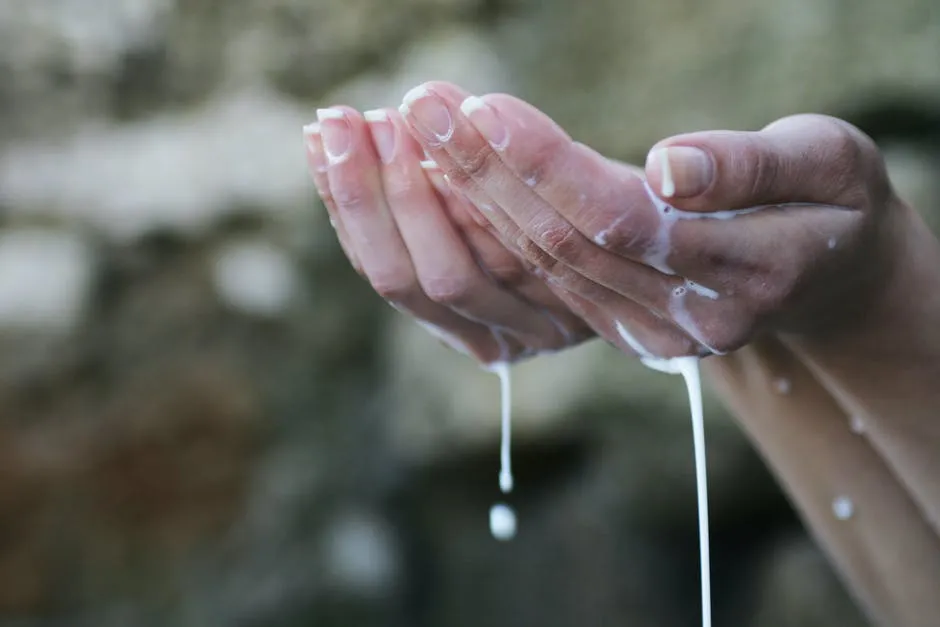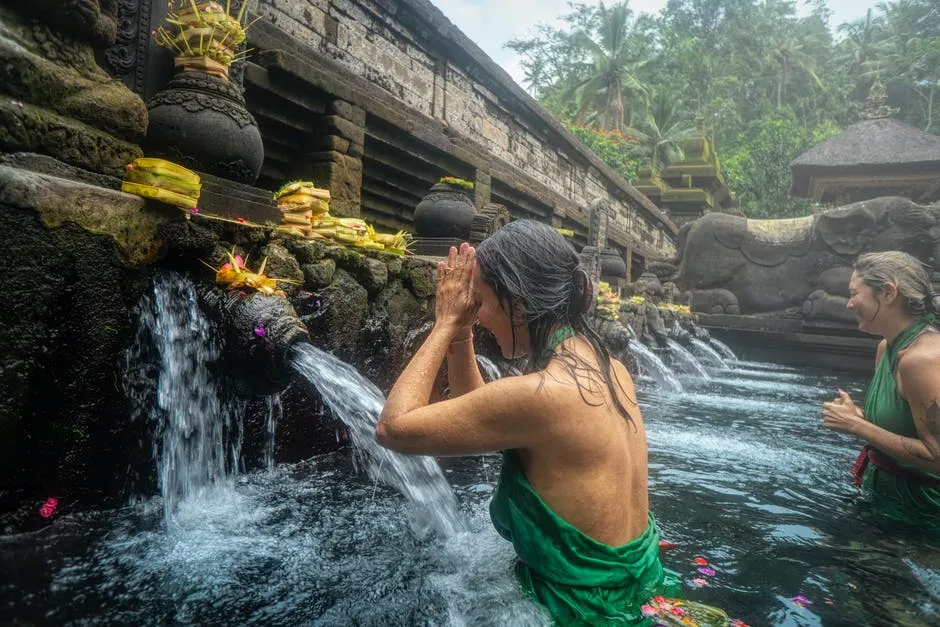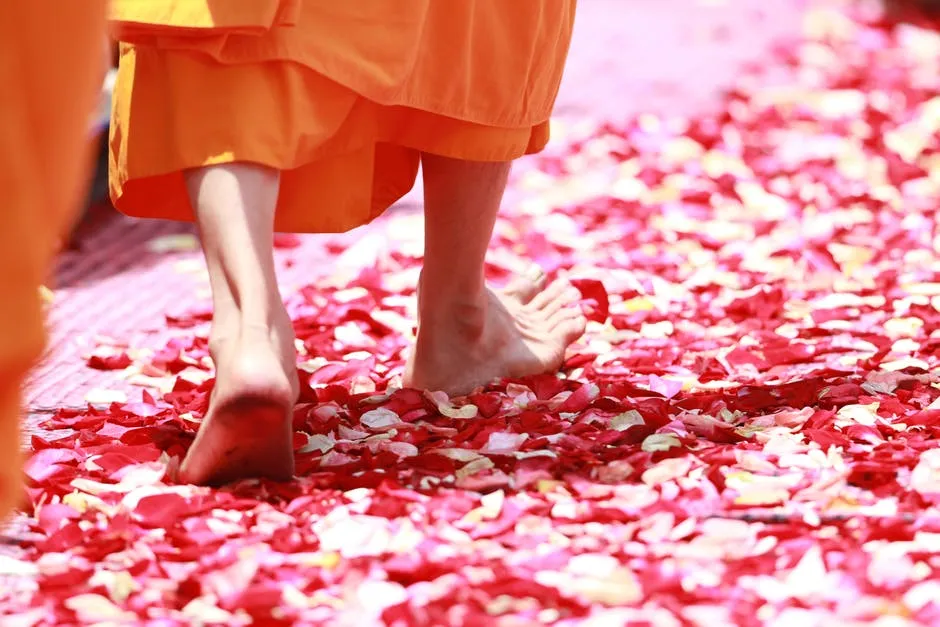
Don't be afraid to give up the good to for the great. -John D. Rockefeller

Sometimes in life, you may have to abandon an old path and follow a new one to lead you to your goal. You may not be certain of the outcome of getting to create a new way for others to follow, trouble may even threaten the idea, so not relent, keep pressing and make that road so that others could benefit from it.

Malle was the eighteenth child of her parents. Her father was the head of all the witch doctors in Abavo, a community that holds a high belief in traditional worship. Ndolli left no stone untrained when it comes to practising traditional worship.
He made sure all his children, all forty children, participated in the step-by-step approach to sacrificing or pouring libation on the shrine. Every year, worshippers gather to celebrate the Akaiyi festival where they offer yams and palm oil for sacrifice to the gods of the land.
As time went on, some of the children began to go to modern societies where civilization held sway. They observed that the worship of deities and sacrifices are seen as activities of the dark age. At some point, they returned home to question the potency of the gods of their fathers.
Malle was the first to leave his parents to become an apprentice at Dahomey, where she went to learn fashion designing. It was an entirely new experience for Malle. During the period of her apprenticeship, she would follow her boss to the church.
The teachings at the church negates all that she had learnt. One of such teachings is that no sacrifice is bigger than the sacrifice at Calvary. Her understanding began to change. Somethings she held with utmost belief, she started to realise that they weren't as they appear.

One of such beliefs is that a child that is born with her head legs out first should not bathe until after seven days. The funny thing is that people observed such barbaric customs.
Though Malle learned these new and natural thoughts, she was not convinced they were true. In her mind, they were just the ways of life of another class of people.
Each time she returns home, she would take time to engage her father and ask some questions. Even though her father gave her some answers, they were not convincing enough to believe him either.
During one of her visits, she attended the wedding ceremonies of her cousin who was getting married to a man from across the river. As the marriage rites proceeded, she observed that some of the requirements were skipped. Kolanut and locally brewed alcohol were also skipped. She had thought that there would be consequences if one did not align with those rituals.

A year after the wedding, she realised that the locally believed consequences that were supposed to be experienced by the newlyweds did not occur. By now, her faith in the doctrines of traditional worship had begun to dwindle.
Malle returned to the city a different person. Now she believed that some things are superstitious and may be as real as they were described.
She started trying out a lot of recipes that had been termed taboo. Her father had told them not to eat Irish potatoes that it causes chickenpox, bailout on one occasion when she attended a birthday party, barbeque fish with potato chips were served. They were a good combination and fascinated her taste buds. What on earth has their father turned them into?
Eventually, Malle got married to a banker named Jordan. Their wedding event took place at Abavo and was the talk of the town. They served all kinds of food and drinks. Some locals stayed away from the wedding party, they saw it as a curse.
Eleven months after her wedding, she gave birth to a baby boy and ate food made with oil against the traditional belief of Abavo.
Her father watched her doing her thing and nothing happened likewise. Everyone who heard of it in Abavo started questioning the culture that women who just gave birth to a baby shouldn't eat oily food.
There are more superstitions in Abavo that negate modern-day life but as a result of the inquisitive nature of Malle, the people started living as free men, not as though they were under law of traditional worship.

This story is answer to #weekend-engagement question four (4) for #WE93
Four: I want to change society...
If you could change one thing about society, other than politically, what would you change and why? What would that change mean to you or others now and in the future, how would it impact life and do you feel it would be a lasting change?
If you wish to join this week engagement, read up the announcement details Here

Image 1 by Engin Akyurt
Image 2 by Alexandr Podvalny
Image 3 by pixabay